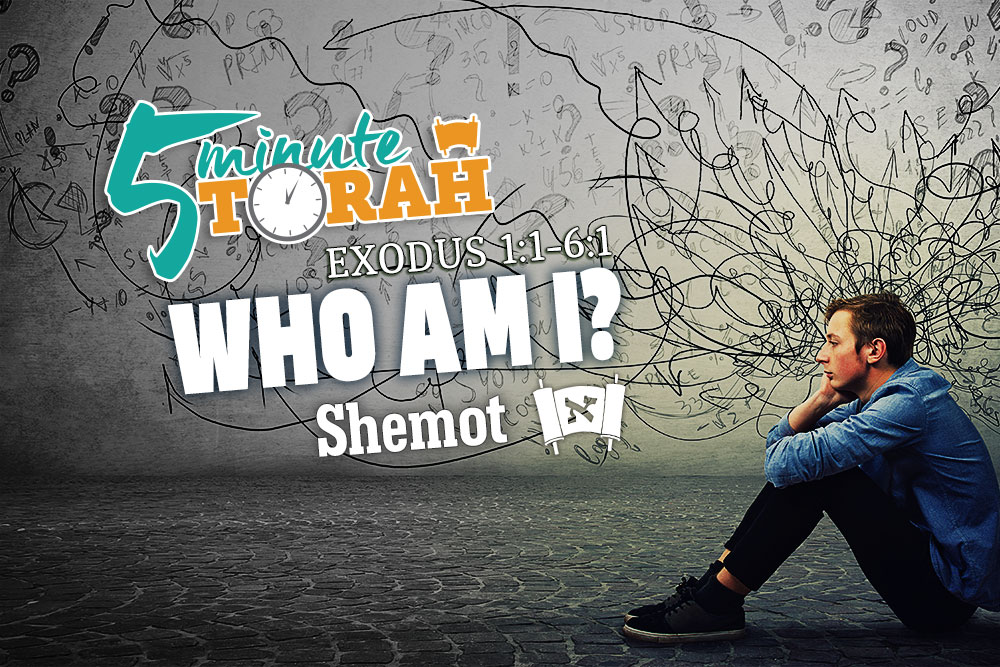Parsashat Shemot (Exodus 1:1-6:1)
This week’s Torah portion not only begins the book of Shemot (Exodus) but also the calling of Moses to his all-important task of delivering the Children of Israel from the hand of Pharaoh. We would think that since Moses was raised in Pharaoh’s royal house he would realize that he was the most qualified person to confront the King of Egypt and lead a group of slaves to their freedom. But when God confronted him at the burning bush, Moses replied with a lack of confidence, saying, “Who am I that I should go to Pharaoh and bring the children of Israel out of Egypt?” (Exodus 3:11). In other words, “What qualifies me to lead these people out from under Pharaoh’s hand?” Moses didn’t feel that he had the ability to accomplish what God had called him to do.









